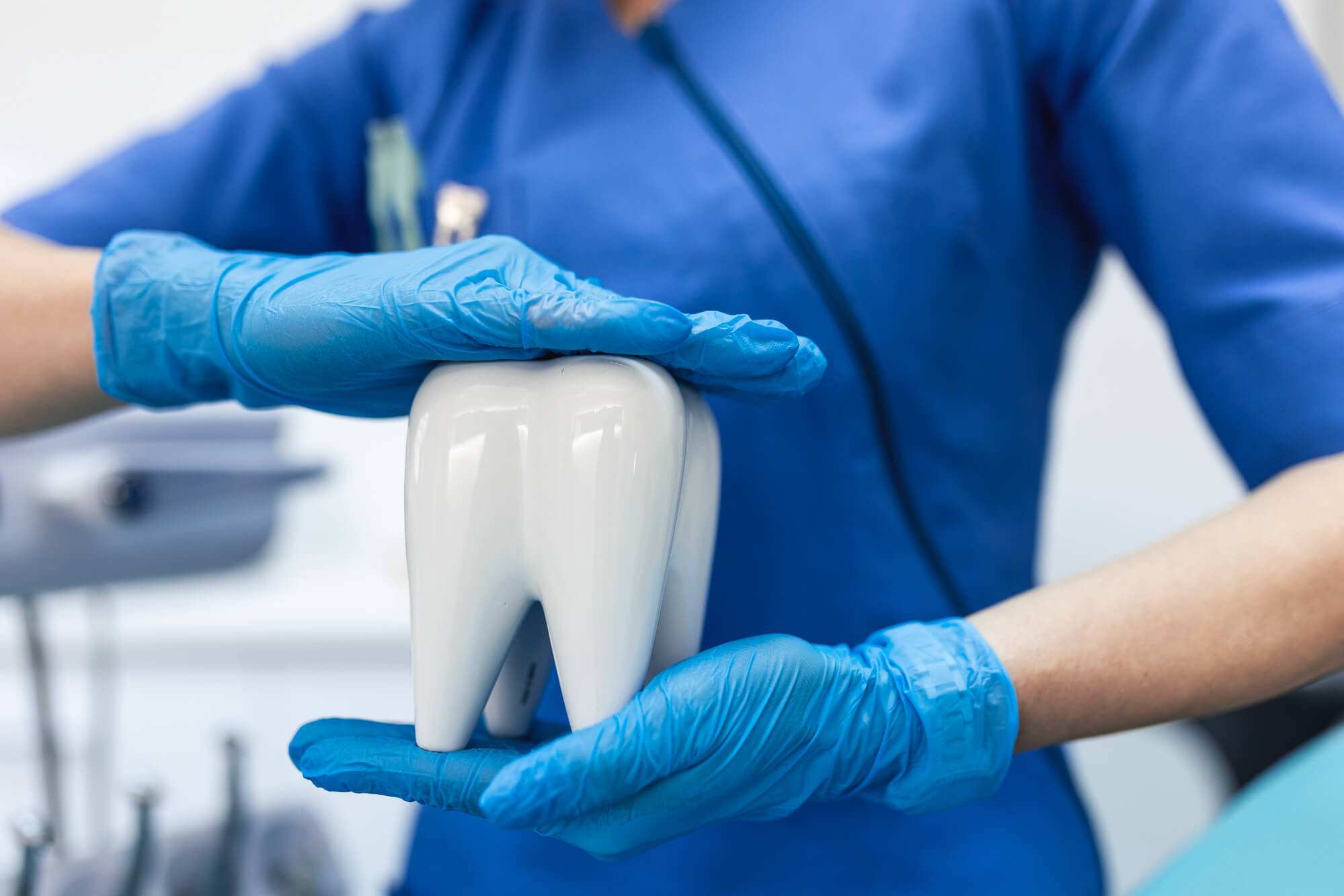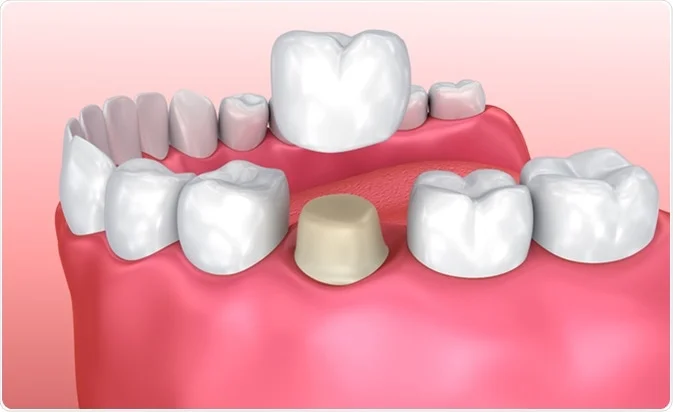Porcelain crowns are a common restorative dentistry treatment used to repair and protect damaged or decayed teeth. A crown is a cap that covers the entire tooth surface, restoring its shape, size, strength, and appearance. In this article, the family dentist in Rancho Cucamonga, CA will explore some interesting facts about porcelain crowns to keep you well-informed. So read on!
Fact 1# Porcelain crowns are more preferred over metal crowns
Porcelain crowns are preferred by dentists and patients alike due to their exceptional aesthetic appeal, durability, and biocompatibility. Unlike metal crowns, porcelain crowns mimic the natural appearance of teeth, blending seamlessly with the surrounding dentition. Their translucent quality and ability to reflect light make them virtually indistinguishable from natural teeth. Additionally, porcelain crowns are resistant to stains and wear, ensuring a long-lasting, radiant smile. Furthermore, porcelain is a non-toxic and hypoallergenic material, reducing the risk of allergic reactions or sensitivity. With advancements in dental technology, porcelain crowns have become stronger and more durable, making them an ideal choice for both front and back teeth. Overall, porcelain crowns offer a superior combination of form and function, making them the preferred choice for patients seeking a natural, beautiful, and long-lasting smile.
Fact 2# Porcelain crowns are long-lasting
Porcelain crowns are known for their durability and long-lasting nature, with a lifespan of up to 15 years or more with proper care and maintenance. However, the exact duration depends on various factors, including the quality of the crown, oral hygiene habits, and lifestyle choices. On average, porcelain crowns can last between 10 to 15 years, but some may last longer or shorter depending on individual circumstances. Regular dental check-ups and good oral care can help extend the life of porcelain crowns. With advancements in dental technology and materials, some porcelain crowns can last up to 20 years or more, making them a long-term solution for restoring damaged or decayed teeth.

Fact 3# Porcelain crowns are highly durable and stain-resistant
Porcelain crowns are highly resistant to stains, making them a popular choice for patients seeking a long-lasting, radiant smile. Unlike natural teeth, porcelain crowns are non-porous, which prevents stains from penetrating the surface. This means that porcelain crowns can withstand the discoloring effects of coffee, tea, wine, and other stain-causing substances. Additionally, porcelain crowns are glazed with a stain-resistant material that further protects them from discoloration. While porcelain crowns are highly resistant to stains, they are not completely stain-proof. However, any stains that do occur are typically surface-level and can be easily polished away during regular dental cleanings.
Fact 4# Porcelain crowns may not always be suitable for posterior teeth
Porcelain crowns can be used for most teeth, but may not be suitable for all cases. They are ideal for teeth that are visible when smiling, such as front teeth, as they offer a natural appearance and color match. However, for teeth that are subject to heavy chewing forces, such as molars, a stronger material like gold or zirconia may be recommended. Additionally, porcelain crowns may not be suitable for teeth that are severely damaged or decayed, as they may not provide enough support or structure. In such cases, a dental implant or bridge may be a better option. Furthermore, patients with bruxism (teeth grinding) or clenching habits may not be good candidates for porcelain crowns, as the constant force can cause the crown to wear down or crack.
Conclusion
Dental crowns are a versatile and effective solution for restoring damaged or decayed teeth. With proper care and maintenance, crowns can last for many years, enhancing both the function and aesthetics of your smile. Consult with your dentist to determine if dental crowns are the right choice for your dental needs.

